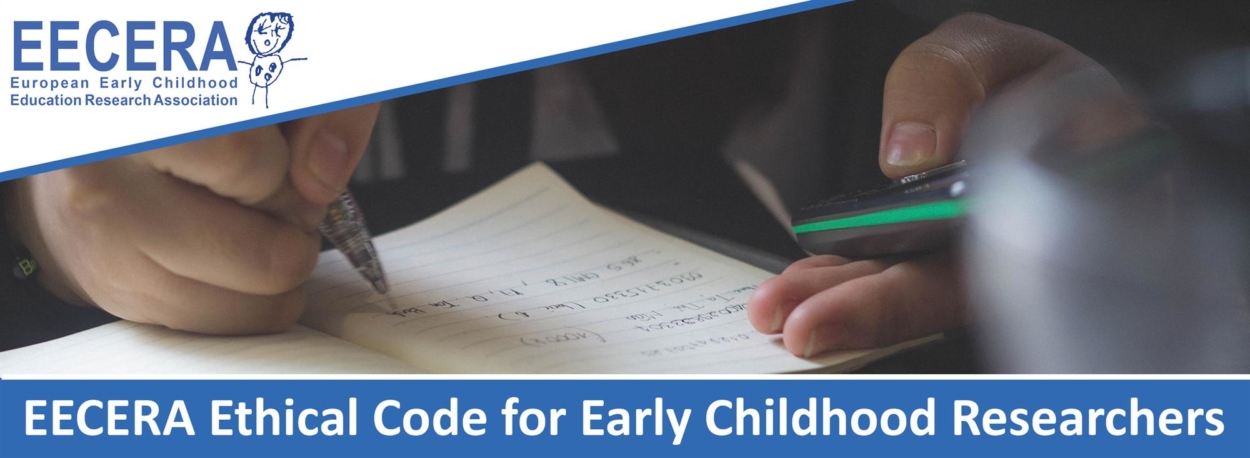General guidelines
Broadly speaking, abstracts will be reviewed and scrutinised for:
- Consistency – research is designed in such a way that the aims of the study are coherently aligned with the theoretical framework and methods of investigation used,
- Completeness and appropriateness of the information displayed in each section of the proposal,
- Bibliographical references (e.g. relationship to previous research work, theoretical framework, methodology and methods, etc.),
- Ethical issues (i.e. whether they were addressed and dealt appropriately in relation to the specificity of the research design),
- Clarity & fluency of English language.
Give yourself plenty of time to draft, add and submit an abstract. We ask you to provide a lot of information and keep to the 250 word limit. It can be tricky, but it is a tried and tested method that promotes high quality submissions and fair review of the research by both the Scientific Committee and later by delegates deciding on what presentations to attend.
We recommend drafting your abstract in a word editor offline; this will enable you to check English spelling and grammar and check you are sticking to the 250 word limit. Copy and paste the abstract form headings into your offline document and use the guidance below to ensure you are providing information that is required for your abstract to be accepted. You must respond adequately under each abstract heading, in order for your abstract to be accepted.
An effective title should convey the main topics and highlight the importance of your study in a clear and concise manner.
Examples
Appropriately addressed
“Exploring play-based research methods for stimulating critical thinking in the context of young children and adult interactions”
“Supporting Early Literacy with Culturally Relevant Children’s Literature”
“Two-way immersion: the expectations, experience and perceptions of teachers and parents in Estonia”
Requires improvement
“Can a step programme for promoting early childhood health support practitioners in Early Childhood Education and Care settings to promote early childhood health and wellbeing?”
“ECE develop and re-conceptualize their practice and professionalize their educational role through a professional development program in a professional setting.”
“What do teachers write about children when they assess them? How are they using the observations to inform practice? What do parents think? – Research conducted in the context of day care”
“Problem based learning: a discussion which asks the question; are participants acquiring knowledge and constructing knowledge? Is this relevant knowledge for teaching early childhood education and care students?”
Please include details about your research, objectives and detail.
Examples
Appropriately addressed
“This three-year inquiry aims to uncover effective strategies for engaging more men in the early learning (EL) workforce in the United States (US).”
Requires improvement
“To enrich and improve the research achievements in the field of preschool education, and provide theoretical reference and basis for the development and utilisation of local resources in the creation of kindergarten environment.”
You are required to identify where in existing literature other information can be found which underpins your area of research. It is not acceptable to simply type the name of an author or a book; you are required to give comprehensive examples of where in existing literature there is information which supports or underpins your study and how it does this.
Examples
Appropriately addressed
“Research has shown that teachers have various opinions regarding how much children’s voices should be considered in educational matters (Sargeant & Gillett-Swan, 2015: 178) although partnership with children have been recognised as the heart of effective pedagogy and positive educational outcomes (Dockett & Perry, 2014: 30).”
Requires improvement
“Previous research has studied how preschools have an institutional set of rules of conduct, bound to certain routine activities such as meal-time, circle-time and the linguistic repertoire associated with these. The project were inspired by sociocultural theories of development, learning and play.”
“The study refers to previous work exploring wellbeing from a child perspective and research on digital medias as pedagogical tools. We refer to modern childhood sociology and consider children as active participants calling upon a tradition of child-centred pedagogical practice.”
No references supplied
“Previous studies regarding the usage of music in pre-schools include: Gillespie & Glider, 2010 and Rajan, 2017. Previous studies concerning music influence on children’s development include: Benz, Sellaro, Hommel & Colzato, 2016.”
Not specific enough
You should clearly identify all theoretical and conceptual frameworks used in your research, and the rationale for their use. References should also be given.
Examples
Appropriately addressed
“The theoretical framework for this study draws upon current theories of learning in early years settings (Nelson), as well as general theories of learning (Smith, Jones and Bloggs, 2003) and learning within communities of practice (Venger).”
“Parents of disabled children do not always get to enjoy these, and this has an impact on how disabled children are able to actively participate and learn within early childhood settings (Purdue, 2009, McAnelly & Gaffney, 2017). Disability Studies in Education (DSE) and new materialist approaches both recognised the centrality of parental perspectives being ‘called forth’ by teachers (Gaffney, 2014).”
“The study is based on teaching and learning concepts, especially planning, investigated through adult-centred and child-centred, participatory pedagogical approach (Kangas, 2016) and socio-cultural theory (Vygotsky, 1987). Child participation in planning, implementing and evaluating empowers children to learn, make choices, express ideas and views and develop a positive self-image (Sommer, Pramling, Samuelsson & Hundeide, 2013).”
Requires improvement
“Despite international research evidence depicting the importance and benefits of combining the early year’s elements with formal education the division within policy and practice within Poland remains. Non formal early year’s preschool education and care provision continues to be a separated entity from education within the government policy, curriculum and professional development..”
Please note all three parts: paradigm, methods and methodology need to be addressed.
Example
Appropriately addressed
“The study was conducted within a qualitative interpretive research paradigm (Denzin & Lincoln, 2018). Questionnaires were filled out by 38 teams in municipal ECEC settings in the Helsinki area. The analysis was conducted through a content analysis within a phenomenological hermeneutical approach.”
Requires improvement
“Through a review of current and proposed policy, considering a body of robust evidence in the field of early education and care. This paper consists of a literature review, Government ministerial separation of early years sectors and the implications for proposed educational reform.”
In this section you must outline what the ethical concerns were in this study, and how you overcame these, i.e. what measures you put in place or actions you took to ensure that none of the ethical concerns became a reality.
It is not acceptable to only state that your university’s ethical guidelines were followed, or that you have followed a particular national/international ethical framework. You can mention this, however you need to provide more information than this, and state the specific actions that you took.
Example
Appropriately addressed
“A consent form and information sheet was provided to all participants. Informed consent was negotiated with the children involved and re-negotiated during the time the research was carried out. Pseudonyms have replaced the names of participants. Participants (including child participants) were given the opportunity to withdraw from the study at any time.”
“Although this research is a literature review and therefore based solely on secondary data, ethical consideration has been given to ensuring fair representation of literature from a wide range of sources, with identification of funding sources where possible to avoid possibility of bias.”
Requires improvement
“I have followed my University’s ethical guidelines in conducting this research.”
“There are no ethical considerations in this research.”
Please summarise the key point that you wish the audience to know. If your application discusses an ongoing piece of research, please provide information on preliminary / emerging findings.
Example
Appropriately addressed
“The findings demonstrate that attunement to movement and gesture is a way that adults can create improvisatory and responsive story-telling practices that deepen children’s involvement.”
“The use of visual data collection methods provide opportunities for children to exhibit humour within the Theory of the Absurd, while, the choice of verbal data collection methods can provide more opportunities for data that relates to the Empowerment Theory.”
Requires improvement
“Findings will be discussed.”
Please explain how your research can have an impact on policy or practice.
Example
Appropriately addressed
“These findings suggest implications for how environments and routines might be used to enable newcomer children to participate in their new settings.”
Requires improvement
“Implication for practice concerning preschool teachers’ teaching is discussed.”
Please enter 5 keywords that best describe your research, in order to help the scientific committee accurately group your presentation into thematic symposia. Your chosen keywords should represent the content of your research accurately and are specific to your field or sub-field of research. Avoid using broad terms like ECE, early years, early learning, etc.
Keywords are also published alongside your abstract to help people choose which presentations they should attend so please consider your audience when choosing.
Post conference, the keywords will help search engines find your research abstract online.
Example
“(…) The study investigates how interaction between peers differs during free play and teacher led activities, while focusing on aspects such as use of language and the differences between two different age groups. The study draws on research how peer interaction influences second language development, and how bilingual children interact using both languages (…) Findings showed that children interacted with each other more during free play, whereas during teacher led activities, children focused their attention more on the teacher. The younger group used more non-verbal communication and needed more support and guidance from their teachers, whereas the older group used more verbal communication and were predominantly able to interact with each other independently. Children interacted with each other actively, which supports their development and makes their time at nursery more enjoyable. The children were able to form friendships and influence one another’s behaviour. (…)”
Broad keywords: early childhood education, children, early years, research, language differences between two different age groups
More specific keywords would be: adult led, child led, peer interaction, communication, language
Note: The abstract headings are there to help you write a robust proposal that consists of the required scientific elements and therefore meets criteria for presentation. However, once the abstract is submitted, it is saved as one continuous paragraph without headings. Therefore, you must use appropriate linking words / sentences between sections so that the content of the abstract flows once the headings are removed.
Remember, submitting an abstract is not just means by which you get to present your research and findings at the conference more fully. By reading abstracts, delegates identify symposia of interest and select presentations they are going to attend. It is therefore an opportunity to spark people’s interest in what you are doing, increase chances of your presentation to be well attended and your research explored and discussed in more depth.
Other useful resources:


